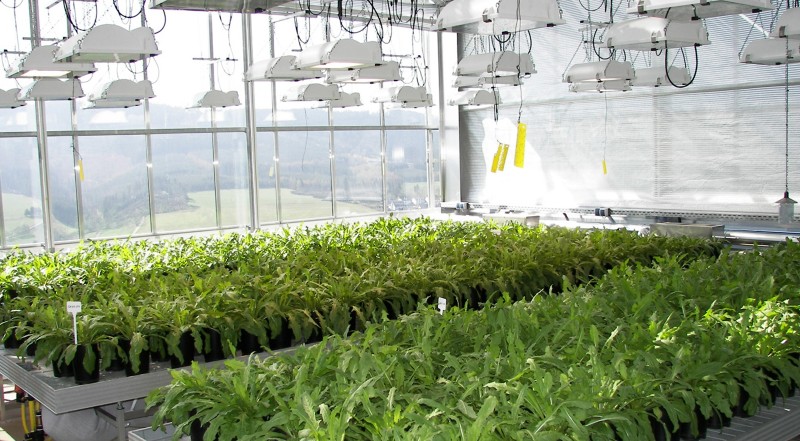This has been in my draft for quite some time and I am glad to be able to post it after an interesting presentation that I heard from Patagonia and Yulex during the World Bio Markets USA conference last year in October.
Since December last year, Patagonia has already been offering its Yulex R2 Front-Zip wetsuit using guayule rubber as an alternative to traditional neoprene. According to Patagonia, the guayule-based wetsuit matches the technical performance of a traditional neoprene-based Patagonia wetsuit. The wetsuit has already been offered in Japan although in limited quantities.
The price for the Yulex wetsuit is around $479, which is the same price as the non-Yulex wetsuit. The companies said development of the next generation of the Yulex wetsuit is underway.
This month, Yulex announced that it has opened a Seed & Genetics Center in Arizona that will focused on plant breeding, molecular genetics and development of agronomic best practices to support the global cultivation of sustainable guayule plantations. Yulex has also partnered late last year with SGB, an agricultural company, to establish a genomics and molecular breeding platform focused on accelerating the crop improvement of guayule.
It seems you can get a lot more than just rubber from the guayule plant. Aside from guayule-based elastomers, Yulex and its partner Versalis has been looking into the use of guayule leaves (as biomass) to extract wax and essential oils; in guayule stems, you can get latex and waste liquor, as well as bagasse, which can be converted into resins, rubbers, sugars, construction-related materials, for energy use, etc.
Yulex previously partnered with Cooper Tire & Rubber Company to develop guayule polymers and resins for tire applications but last year in December, Cooper Tire started working with PanAridus under the $6.9m Biomass Research and Development Initiative (BRDI) grant toward development of guayule-based polymers for tire manufacturing.
PanAridus replaced Yulex on the grant team, and assumed Yulex’s responsibilities as the primary manufacturer of guayule. PanAridus will take the lead in developing commercial processes to produce guayule rubber for the tire industry. Other organizations included in the R&D collaboration include Arizona State University and the USDA’s Agricultural Research Center.
Other updates on the development of guayule rubber last year is from Bridgestone Americas, which completed the fall planting of guayule at its 281-acre Agro Operations Guayule Research Farm in Eloy, Arizona, in October. The farm will supply the first biomass to Bridgestone’s BioRubber Process Research Center in Mesa, Arizona, for tire evaluation in mid-2015.
Aside from guayule, the blog has also previously reported on the development of Russian dandelion as another alternative natural rubber source. Bridgestone has also been conducting tests on Russian dandelion at its laboratories in Akron, Ohio, and Tokyo, Japan, with a plan for larger scale testing this year.
Last year, Germany-based research organization, the Fraunhofer Institute, has partnered with tire company, Continental, to build a pilot system to extract vast quantities of dandelion rubber for making tires. The goal is to develop the production process over the next five years so that Continental can manufacture tires made from dandelion rubber. The first prototype test tires made with blends from dandelion-rubber are scheduled to be tested on public roads over the next few years.
 |
| Fraunhofer and Continental on dandelion rubber R&D |
The blog has also been remiss in not reporting recycled rubber news.
Lehigh Technologies has recently expanded its R&D capabilities with new advanced testing equipment to accelerate adoption of its technology, Micronized Rubber Powder (MRP) in tire applications. Lehigh’s proprietary process takes tire and other post-industrial rubber material, and upcycles it into micron-scale, high quality powders, that are reportedly compatible with customers’ existing formulations.
Last year, a white paper issued by the Rubberized Asphalt Foundation (RAF), concluded that recycled tire rubber (RTR) binders can be used in place of polymer modified binders such as styrene butadiene styrene (SBS) and achieve the same performance-graded results. According to the organization, asphalt costs around $600/ton while RTR costs about $300/ton. RTR is reportedly an attractive extender of asphalt because it contains both polymer and binder, which can improve the quality of conventional unmodified asphalt.




